Hurricane Helene took everyone in South Carolina’s Upstate by surprise. For many of us, it was the first time experiencing such a large-scale weather event. In fact, Hurricane Helene is now considered the most devastating hurricane in our region since Hurricane Hugo in 1989.
Plumbing Inspection Checklist for After a Hurricane
Topics: Water, Emergency, Pipes, Drains & Sewers, Plumbing Tips
Is Your Washer Leaking from the Bottom? Here’s How to Fix It
If you asked homeowners about their “most dreaded plumbing nightmare,” leaks would likely top the list. Dealing with a leak means fixing or replacing a faulty hose or pump and addressing the “collateral damage,” aka mold, wall, or flooring damage.
Topics: Plumbing, Emergency, Pipes, Washing Machines, Plumbing Tips
How to Minimize Damage While Waiting on An Emergency Plumber?
“This is the last thing I need before we go on our annual vacation,” a client told me last week, upset after dealing with a burst frozen water pipe.
Yes, a plumbing emergency can strike at any time, often at the worst times. Nonetheless, plumbing emergencies are always stressful situations that leave homeowners feeling frustrated and anxious about what to do next.
Topics: Plumbing Hacks, Plumbing, Emergency, Plumbing Tips
Frozen pipes can be a homeowner's nightmare, especially during the winter months. If left unattended, they can lead to burst pipes, water damage, and costly repairs. But what if you didn't quite prepare your pipes for winter before a big freeze, or you didn't get around to checking your washing machine supply hose before your pipes and hoses just couldn't handle the workload? In a moment like that, it's important to know what to do so you can act fast and minimize damage.
When Was the Last Time You Checked on Your Washing Machine Supply Hose?
When it comes to large, expensive home appliances, it's easy to leave well enough alone and not mess with things until you notice a problem. With regular checks, you can often spot small problems before they become big ones — let's look at your washing machine for example.
Your washing machine is able to fill with water and clean your clothes thanks to its attached supply hose. The hose is less than an inch wide, but is able to dispense water at a rate of about 650 gallons per hour. Because of how small it is in comparison to how hard it works, it can only last for so long. If left unchecked, the hose can give out, burst, and very quickly flood your home costing thousands of dollars in damage.
Short, mild winters are just one of the many things that make living in Upstate SC great! Not only can we usually get through November without having to wear anything heavier than a sweater (if that), but we don't have to deal with several feet of snow and all the inconveniences that come along with it.
While we have it easier than our friends up north, we aren't completely immune to winter weather — if you've been in the Greenville area for a while, you know that we're prone to ice storms, and where there's ice, there can be frozen pipes that can burst and leave your home a soaking nightmare.
To avoid bursting pipes, we're covering how you can keep your pipes from freezing and your water flowing all season long.
The Upstate has experienced boil water advisories before, and it could happen again. Just in case it does, we wanted to share a guide on all the ways to make your water safe to drink when it's not.
There's always a chance that something out of your control can affect the quality of your water — floods, hurricanes, earthquakes, and broken pipes can all render your water undrinkable. In these situations, it is important to listen to local officials, media outlets, and your water company for updates, instructions, and alerts that will keep you from coming into contact with severely tainted water.
If you are under a boil water advisory and the water in your area is declared unsafe, avoid drinking anything other than bottled water or water you have taken the steps to properly purify until it has been officially announced that the water in your area is safe to consume again. But how do you properly purify your water...

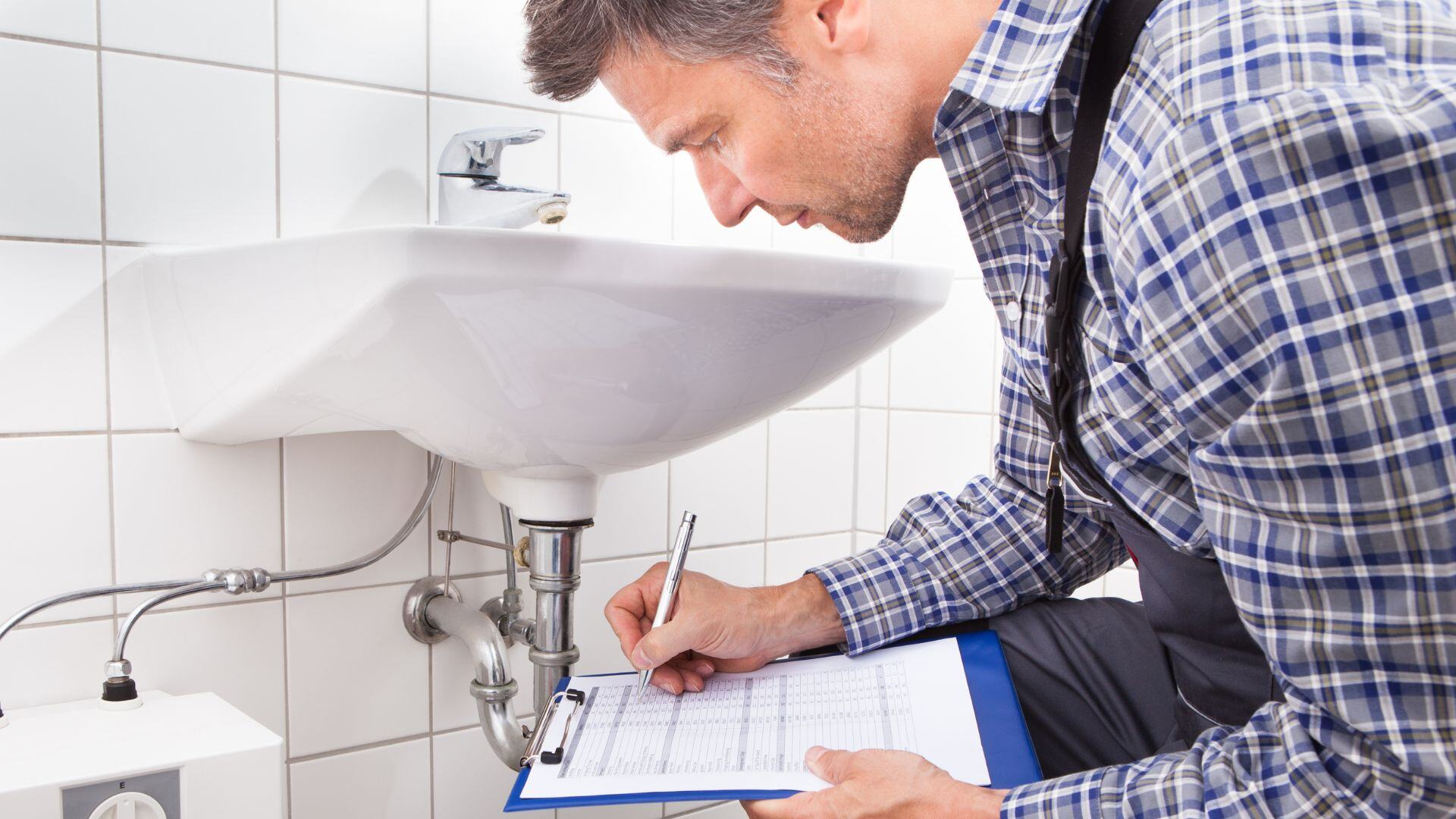
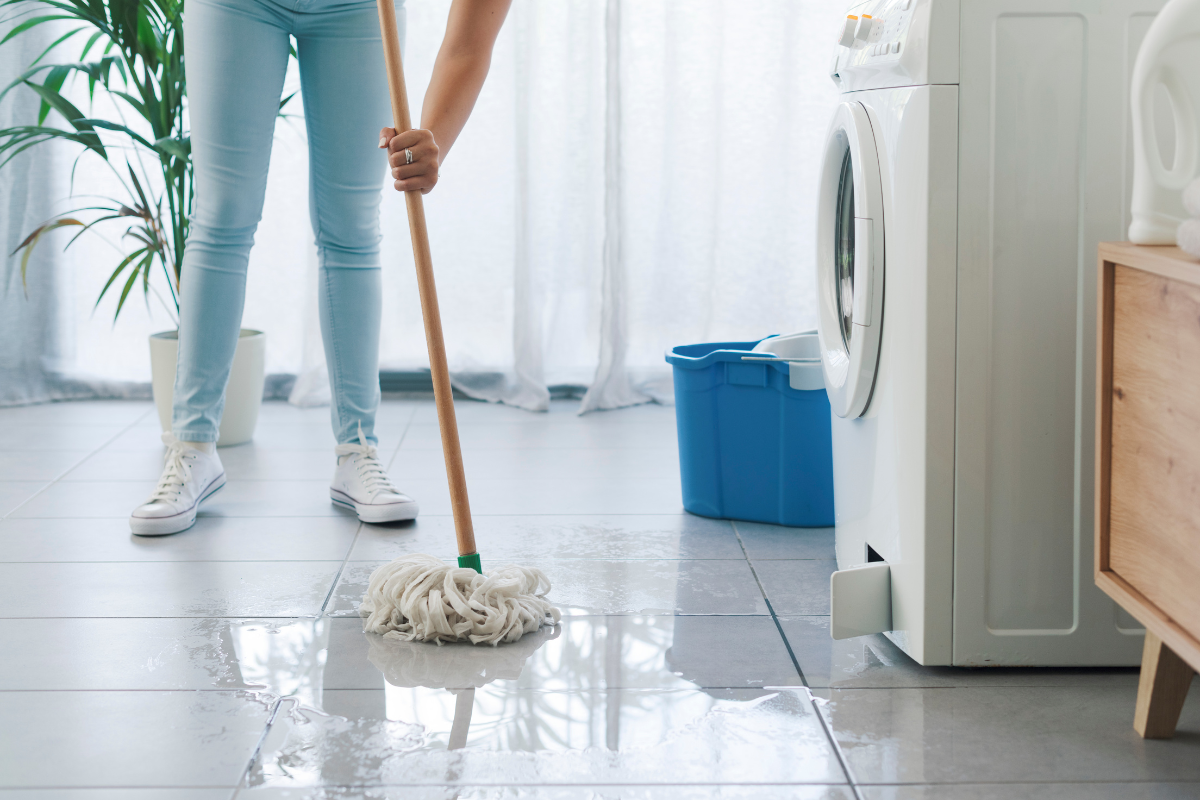
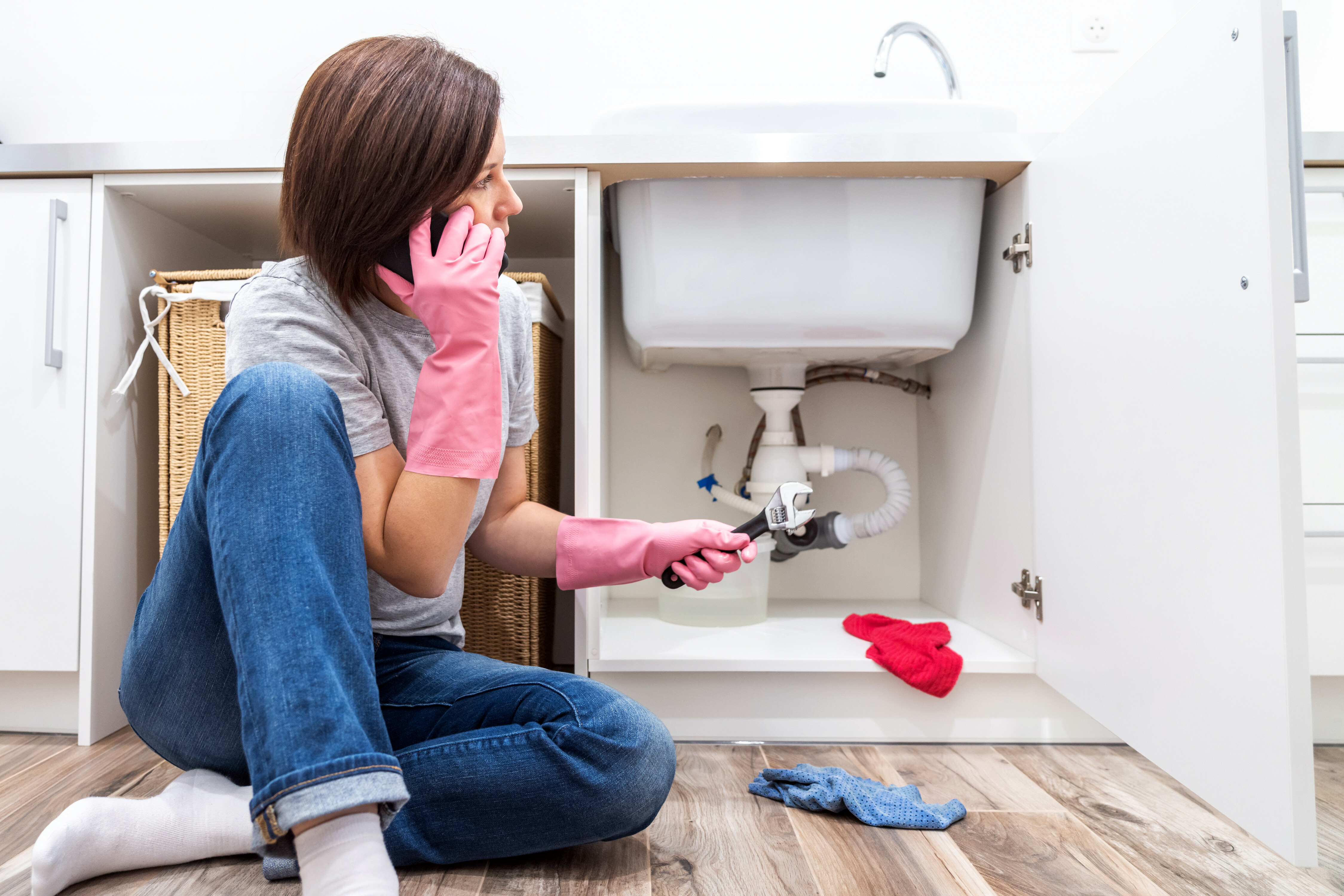
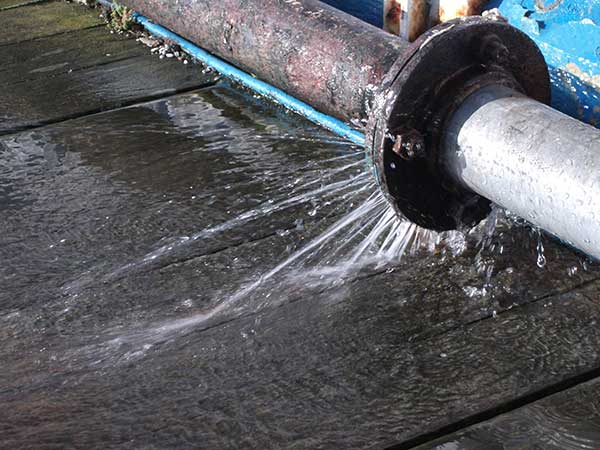
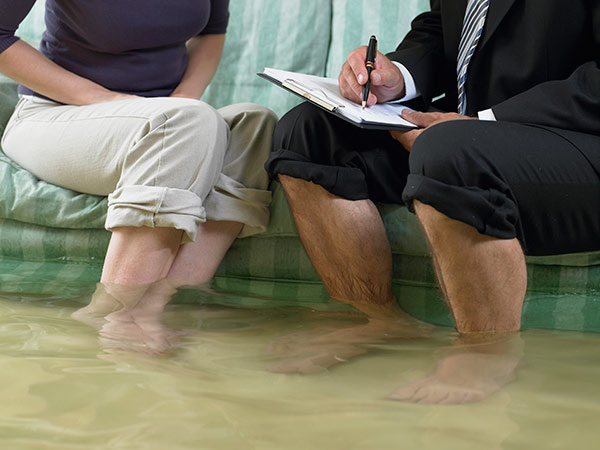
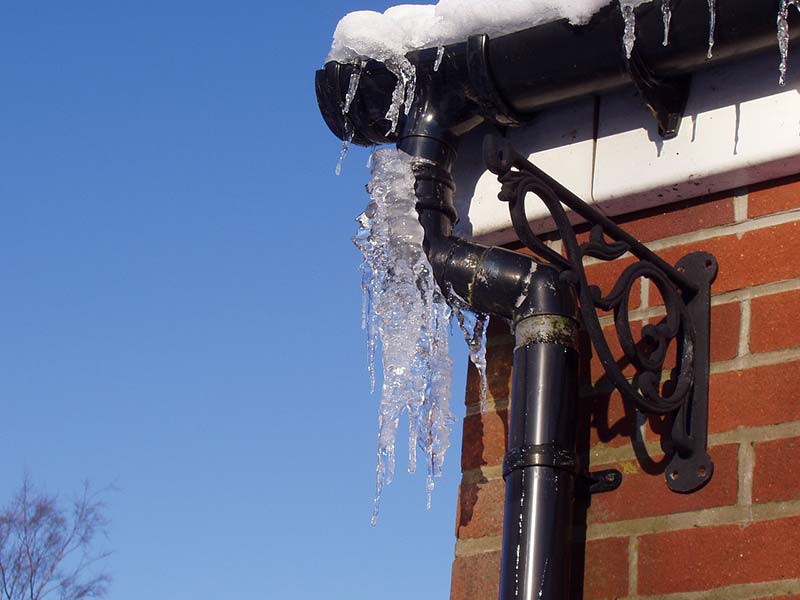
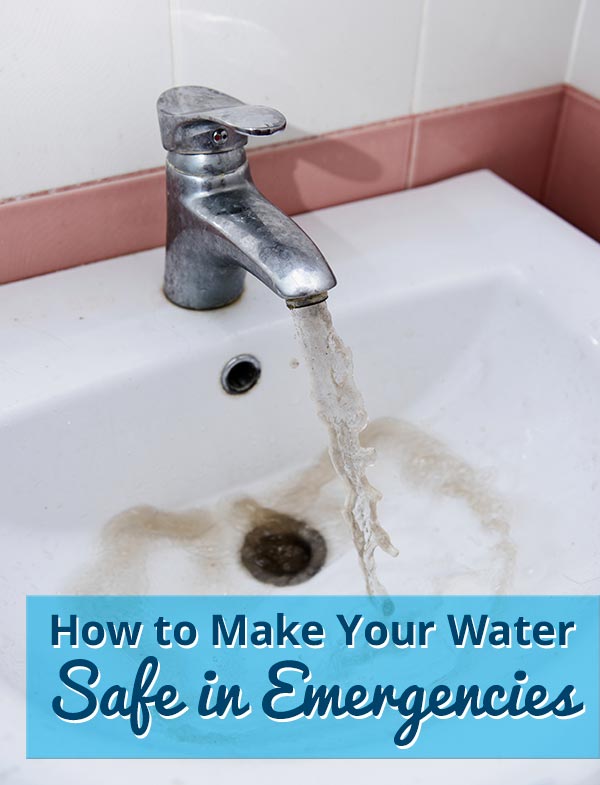
.png)